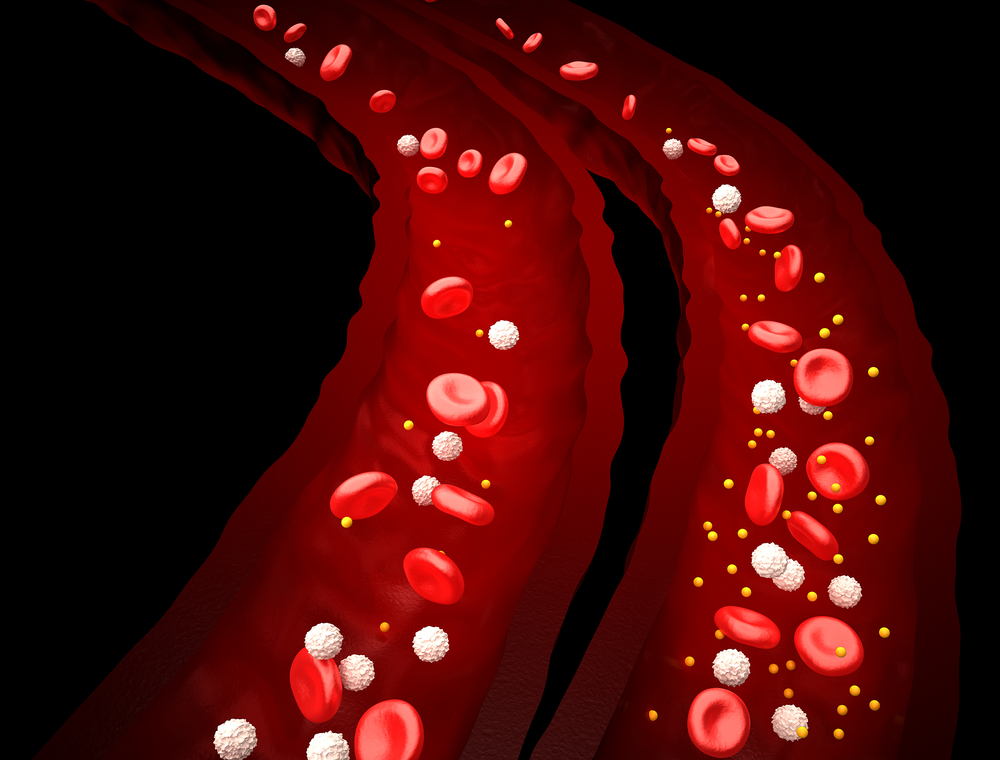Vascular BioSciences Wins Grant to Study Peptide For Pulmonary Hypertension

Vascular BioSciences (VBS) received a Fast-Track STTR grant of up to $2.3 million to begin a Phase I/II study that will examine CARSKNKDC (CAR) peptide’s efficacy for pulmonary hypertension (PH).
The study, titled “Cyclic CAR peptide: a targeted therapy for pulmonary hypertension,” will be conducted in collaboration with Brigham and Women’s Hospital, Harvard Medical School. The Small Business Innovation Research (SBIR) and Small Business Technology Transfer (STTR) programs of the U.S. National Heart Lung and Blood Institute of the National Institutes of Health (NHLBI) funded the grant.
“This project addresses an important need to improve the efficacy and therapeutic index of our current PH strategies and is extremely innovative in modifying the target tissues directly implicated in mediating pulmonary hypertension,” said the project’s principal investigator, Dr. Paul Yu, MD, PhD, of Brigham and Women’s Hospital, Harvard Medical School in a press release.
Currently, PH patients may be treated with vasodilators that reduce elevated pressure and obstructions in lung vessels. However, a major drawback of vasodilators is that they lower pressure in all blood vessels, including non-affected organs. This can cause toxicity.
VBS’s CAR peptide preferentially binds to damaged lung blood vessels. This allows it to selectively deliver co-administered drugs to the lung, which can increase a therapy’s efficacy and reduce side effects in other healthy organs. Preclinical studies in animal models of PH showed that the CAR peptide targeted hypertensive lung vessels increasing up to 5-fold in co-administered drug activity.
“I believe we are on the cusp of developing a targeting technology for pulmonary hypertension that will help patients by selectively amplifying the effects of co-administered vasodilators in a targeted manner,” said David Man, CEO, Vascular BioSciences, and co-principal investigator in this study. “I look forward to working with Drs. Yu and Waxman to bring this important breakthrough into clinical practice.”
Phase I/II clinical studies funded by this Fast-Track STTR may reveal VBS’s CAR novel approach for PH treatment. “I am more excited about the potential for CAR as a co-administered treatment for PH than I am about any other novel approach to treating this disease,” said Aaron Waxman, MD, PhD, of Brigham and Women’s Hospital, Harvard Medical School and co-investigator in this project.







